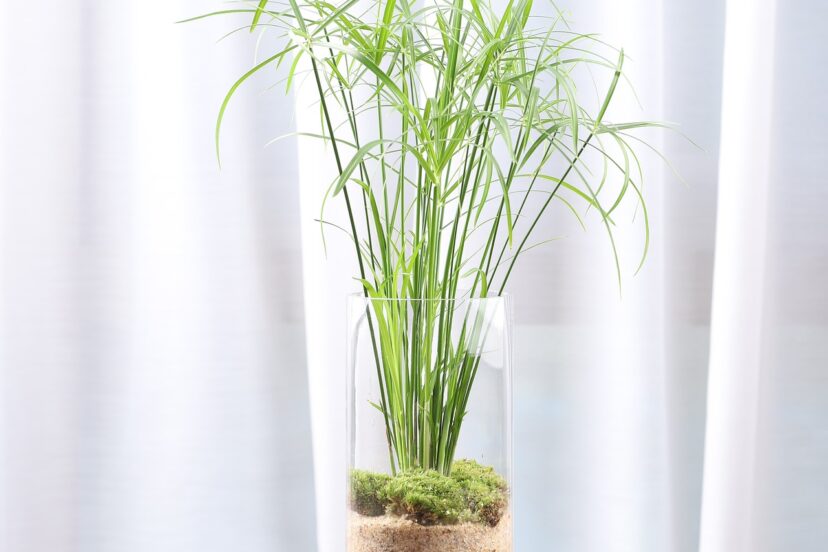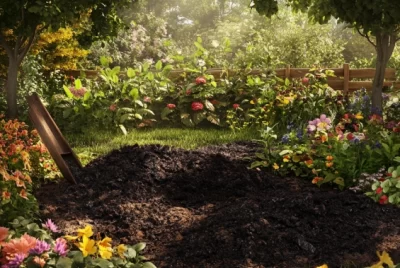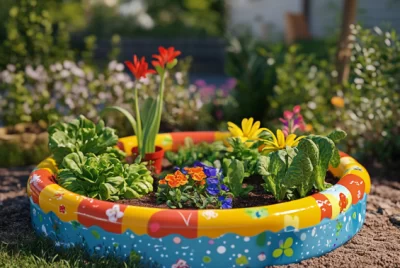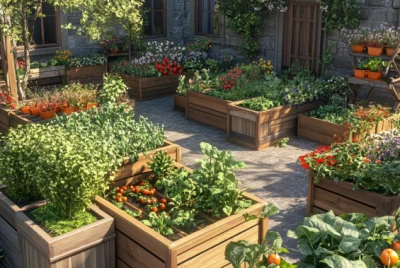Hydroponic Indoor Plants: The Future of Urban Gardening
What are Hydroponic Indoor Plants?
Hydroponic indoor plants are a great way to expand your indoor garden and bring nature inside. You’ve probably heard the term ‘hydroponics‘ before, but what does it mean? Let’s dive in.
Definition of Hydroponics
Hydroponics is a method of growing plants without soil, where nutrients are delivered directly to plant roots via a water-based solution.
Key Components of Hydroponic Systems
The main components include nutrient solutions, growth mediums like coconut coir or perlite, and the hardware that keeps it all together.
Why Opt for Hydroponic Indoor Gardening?
This might be a game-changer for urban dwellers and gardening enthusiasts alike. Let me tell you why.
Benefits of Hydroponics
Hydroponics brings forth a plethora of benefits that traditional gardening can’t match.
Enhanced Growth Rate: Did you know that plants grow faster in hydroponic systems because they receive an optimal balance of nutrients directly? Imagine harvesting your favorite veggies in record time!
Space Efficiency: Tight on space? No problem. Hydroponics allows for growing in stacked layers, utilizing vertical space efficiently.
Water Conservation: By recycling water, these systems use up to 90% less water than traditional methods.
Less Pesticides and Diseases: With no soil, there’s less chance of soil-borne diseases and pests.
Challenges with Hydroponic Indoor Plants
It’s not all roses, though. There are challenges to consider.
Initial Setup Costs
Starting a hydroponic garden might be a bit pricey. The equipment and nutrients can be an investment, but think of it as a long-term one.
Technical Know-how
Understanding the nuances of the system can be tricky. But hey, that’s what guides like this are for, right?
Tips for Successful Hydroponic Indoor Plants
Let’s ensure you’re set up for success.
Choosing the Right Plants
There are many plants that can be grown hydroponically but not all plants thrive in hydroponic systems. Food crops are the most popular choice for hydroponics:
- The most common choices are leafy greens and herbs.
- Root vegetables are more difficult and may require a specialized setup.
- Strawberries are also a good choice.
Many flowers can also be grown hydroponically but they also may require special considerations. Here are some examples:
Roses
Ease: Moderate
Advantages: Can bloom all year with controlled conditions; vibrant colors.
Disadvantages: Prone to pests; require careful pH and nutrient management.
Orchids
Ease: Difficult
Advantages: Exquisite blooms; longer blooming periods hydroponically.
Disadvantages: Sensitive to water quality and pH; needs specific nutrient blends.
Marigolds
Ease: Easy
Advantages: Pest repellent; rapid growth.
Disadvantages: Can become leggy without adequate light.
Gerbera Daisy
Ease: Moderate
Advantages: Bright and large blooms; can produce flowers frequently.
Disadvantages: Sensitive to over-fertilization; prone to crown rot.
Lilacs
Ease: Difficult
Advantages: Fragrant blooms; can be grown year-round in controlled conditions.
Disadvantages: Need chill periods to induce flowering; sensitive to water quality.
Sunflowers
Ease: Easy
Advantages: Rapid growth; attracts beneficial insects if grown outside.
Disadvantages: Can become tall and might need support; consume a lot of nutrients.
Lavender
Ease: Moderate
Advantages: Fragrant; has therapeutic properties; pest-resistant.
Disadvantages: Requires good airflow to prevent fungal issues; sensitive to over-watering.
Begonias
Ease: Easy
Advantages: Continuous blooms; various colors and types.
Disadvantages: Need high humidity; can be prone to powdery mildew.
Snapdragons
Ease: Moderate
Advantages: Unique flower shapes; can bloom for extended periods.
Disadvantages: Might need staking if they grow tall; watch for aphid infestations.
Petunias
Ease: Easy
Advantages: Continuous flowering; wide range of colors.
Disadvantages: Can get leggy if light is insufficient; susceptible to root rot if overwatered.
Note that the success of hydroponically grown flowers also depends on providing appropriate lighting, air circulation, and pest control.
Regular Monitoring and Maintenance
Consistency is key. Regularly check the nutrient levels, pH, and overall plant health.
Conclusion: Is Hydroponic Gardening for You?
Are you ready for a gardening revolution? If you’re up for some initial learning and setup, the rewards can be immense. Fresh produce, less mess, and the joy of watching your greens flourish.
FAQs
Can I convert my traditional garden to a hydroponic one? Yes, with the right equipment and knowledge.
Is hydroponic gardening organic? It can be, depending on the nutrients you use.
How often should I change the nutrient solution? Typically, every 2-3 weeks, but it varies.
Do hydroponic plants taste different? Some people believe they taste better due to consistent nutrient delivery.
Can I grow fruits hydroponically? Absolutely! With the right setup, fruits like strawberries thrive.




